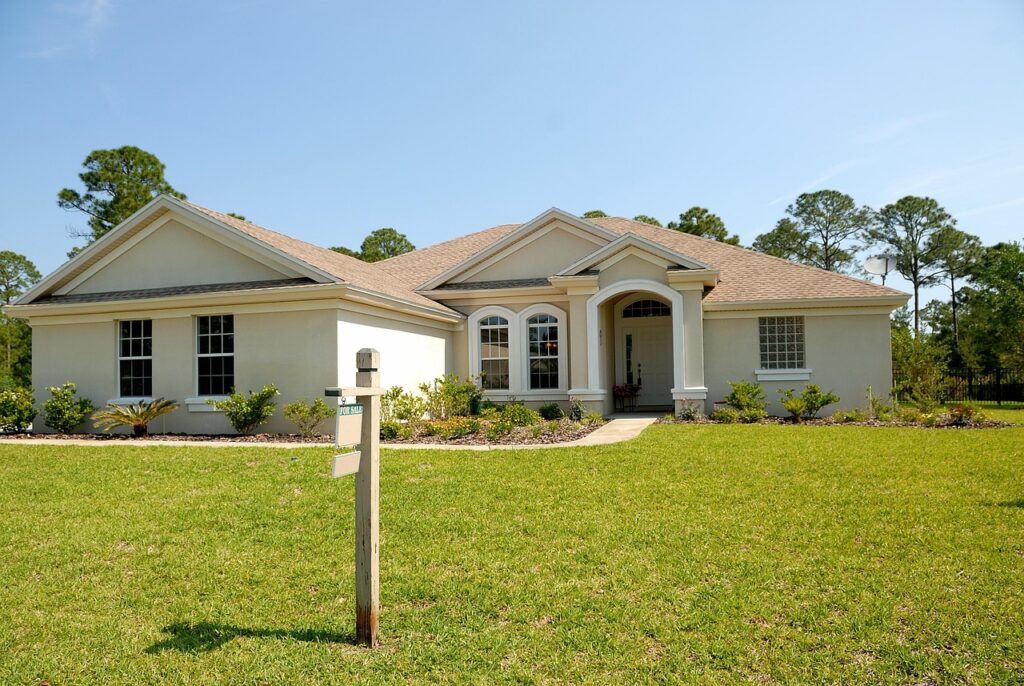A custom home builder specializes in creating personalized homes tailored to the specific needs, preferences, and lifestyles of their clients. They manage the entire process, from designing architectural plans to overseeing construction, ensuring each detail meets the homeowner’s vision. Choosing a custom home builder allows individuals to have control over materials, design elements, and the overall building experience, resulting in a truly unique home.
These builders often provide comprehensive services, including design consultation, project management, and supply of materials. Clients can sometimes opt to act as their own general contractor or rely on the builder to handle all aspects of construction. This flexibility supports different levels of involvement depending on the homeowner’s expertise and preference.
Custom home builders vary in specializations, from luxury residences to modular homes or cottages, and many emphasize transparency in pricing and timelines. Their goal is to balance quality and efficiency while translating the client’s vision into a functional, well-crafted living space.
Custom Home Builder Services
Custom home builders provide tailored solutions at every stage of home creation. They integrate design preferences, construction techniques, and project oversight to deliver a personalized residence efficiently and accurately.
Design Consultation
Design consultation begins with understanding the client’s lifestyle, preferences, and budget. Builders collaborate with architects and designers to create detailed plans that reflect the homeowner’s vision.
The process involves selecting layouts, materials, finishes, and energy-efficient features. Builders often offer 3D renderings or models to help clients visualize the final product clearly.
This phase also addresses zoning, permits, and compliance with local building codes. Thorough consultation reduces costly changes during construction and ensures the home meets all regulatory standards.
Building Process Overview
The building process follows a structured timeline from site preparation to final inspections. It typically starts with foundation work, framing, and roofing.
Next, utilities like plumbing, electrical, and HVAC systems are installed. Interior work involves insulation, drywall, flooring, and cabinetry. Builders maintain quality checks at each step.
Sustainable practices and energy-efficient technologies are often included to enhance durability and reduce operational costs. Clear communication with clients keeps the timeline on track and expectations aligned.
Project Management
Project management ensures that the home build progresses smoothly and stays within budget. Builders assign a dedicated manager to coordinate subcontractors, suppliers, and inspections.
They provide regular updates and handle problem-solving on-site. Effective management minimizes delays caused by weather, material shortages, or unexpected issues.
Documentation and scheduling tools are used to track progress and costs. This transparent approach keeps clients informed and involved without needing technical knowledge.
Selecting the Right Custom Home Builder
Choosing a custom home builder requires careful analysis of their past work, transparency in pricing and contracts, and how well they communicate throughout the process. These factors influence project quality, budgeting, and the overall building experience.
Evaluating Experience and Portfolio
Reviewing a builder’s experience is vital. A seasoned builder typically has a portfolio showcasing completed projects that reflect their craftsmanship and style flexibility. Examining these examples helps determine if their expertise aligns with the desired home design.
Experience also includes familiarity with local building codes and regulations. Builders well-versed in these can prevent costly delays and ensure compliance. Additionally, checking references or testimonials from previous clients offers insight into reliability and quality.
Understanding Pricing and Contracts
Clear pricing is essential to avoid budget surprises. A reputable builder provides detailed cost estimates, outlining materials, labor, and potential extras. Comparing multiple bids helps identify reasonable market rates without compromising quality.
Contracts must clearly specify project scope, timelines, payment schedules, and warranty details. Transparent contracts protect both parties. They should also detail change order procedures to manage modifications during construction efficiently.
Assessing Communication and Support
Effective communication ensures the builder understands the client’s vision and promptly addresses concerns. Builders who maintain consistent updates and are accessible contribute to a smoother construction process.
Support extends beyond project completion. Builders offering post-construction services, such as warranty support and maintenance guidance, demonstrate commitment to long-term client satisfaction. Clear communication channels reduce misunderstandings and build trust.



